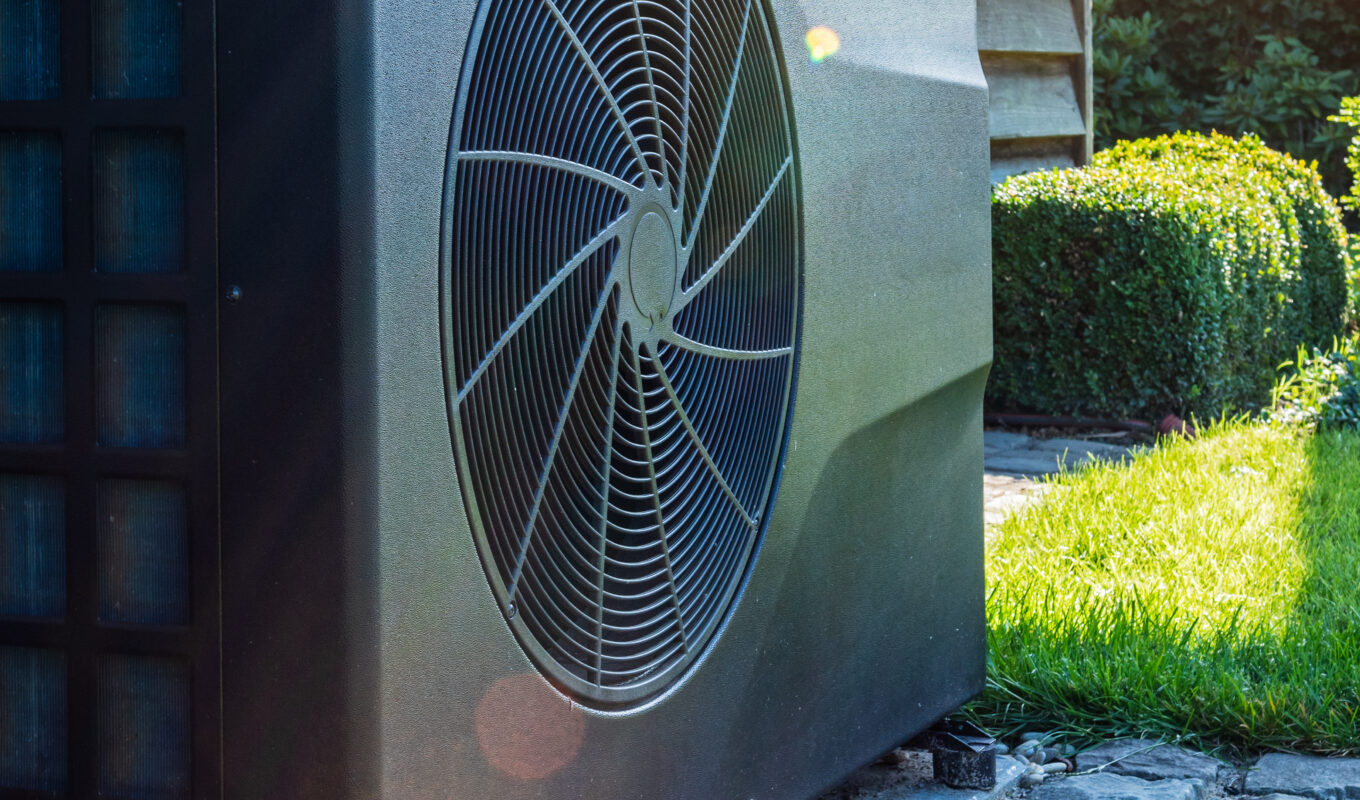Heat pumps are a popular choice for sustainable heating and cooling, but with so many different types available, it can be difficult to determine which one best suits your needs. In this blog post, we'll explain the differences between air-to-air, air-to-water, and ground-source heat pumps in a simple way. We'll use the Golden Circle method to make choosing easier:
1. Why choose a heat pump?
Heat pumps offer an environmentally friendly way to heat and/or cool your home. They use renewable energy sources, such as air or geothermal energy, and reduce your reliance on fossil fuels. This translates to lower energy costs and a smaller carbon footprint.
2. How do heat pumps work?
All heat pumps extract heat from a natural source (air or ground) and transfer it to your home via a refrigerant and a heat exchanger. What differs is how they utilize this heat source and how they deliver the heat.
3. What are the differences?
A. Air/air heat pump
-
What is it?
This type of heat pump extracts heat from the outside air and blows it into your home as warm air via an indoor unit. -
For whom?
Ideal for homes or rooms without a central heating system. -
Pros:
- Low installation costs.
- Can also be used as air conditioning.
- Suitable for small spaces.
-
Negatives:
- Less efficient at very low outside temperatures.
- Heats only air, not water (so no hot tap water).
B. Air/water heat pump
-
What is it?
This heat pump extracts heat from the outside air and transfers it via water to an underfloor heating system, radiators or a buffer tank. -
For whom?
Suitable for larger homes with a central heating system. -
Pros:
- Suitable for heating and hot tap water.
- Works well with underfloor heating.
- Relatively simple installation.
-
Negatives:
- Higher costs than air-to-air heat pumps.
- Efficiency drops at very cold temperatures.
C. Ground-source heat pump
-
What is it?
This system uses heat from the ground via a network of underground pipes. There are horizontal (surface) and vertical (deep) systems. -
For whom?
Ideal for new-build homes or large projects with sufficient garden space. -
Pros:
- Highly efficient, even in extreme cold.
- Consistent performance all year round.
- Can be cooling in summer.
-
Negatives:
- High installation costs.
- Requires a lot of space or deep drilling.
4. Which heat pump suits you?
Selection criteria:
- Budget: Air-to-air is the cheapest option, while ground-based systems are the most expensive.
- Space: Ground-mounted systems require garden space for the pipes.
- Goal: Do you also want hot tap water? Then choose an air-to-water or ground-source system.
- Climate: For areas with severe winters, ground-based systems perform better.
5. Conclusion
The right choice depends on your budget, living situation, and needs. An air-to-air heat pump is ideal for simple applications, while an air-to-water or ground-source system offers a more sustainable solution for heating and hot water.
Need advice choosing the right heat pump? Contact our team of specialists at New Heating . Together, we'll find the perfect solution!














